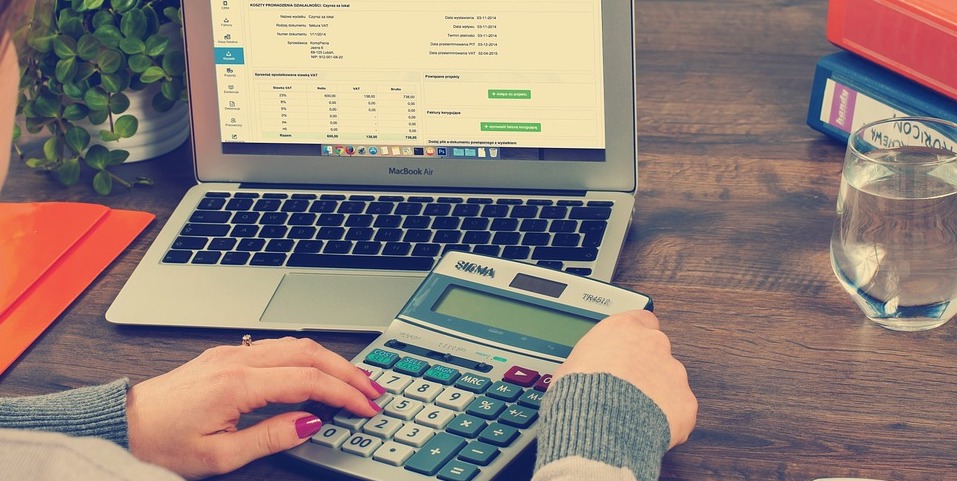Whether you’re just starting out as a small business owner or have been in business for years, these are the biggest (and most common) small business accounting mistakes that owners make – and how to keep them from happening.
Using Your Business Account for Personal Purchases
This is a common and very easy mistake to make. First thing, you should always make sure you have separate accounts for your business and personal finances. Even when you do though, it can be easy to mix up the cards, and accidentally make a personal purchase on your business account or vice versa. Try to clearly note when this happens so that your bookkeeper can categorize the transaction correctly; however, it is best to avoid this altogether as it can make tax season messy for your business and accountant.
Not Keeping Receipts
Keeping track of receipts is a full-time job in itself. Most people tend to toss them in a random place or even throw them away. This is not recommended when it comes to your business. Try putting them all in one place or using an app to make them digital to keep better track of them. Without receipts it makes having accurate accounts incredibly difficult. Another very important note is that the Canada Revenue Agency (CRA) mandates that you keep copies of your receipts for six years after the end of the year in which the transaction took place.
Not Keeping an Eye on The Cash Flow
It is very important to monitor and be aware of upcoming inflows and outflows of cash. One of the most dangerous risks to the existence of a business is running out of cash. It is important to always be aware of when the payments for goods or services will be received, i.e. when your accounts receivable will be collected, and when your liability payments, i.e. your accounts payable are due. The goal should always be to collect your accounts receivable as quickly as possible, and wait until the due date to make payments on your accounts payable. This combination of optimizing the inflows and outflows, along with keeping a close eye on the overall cash balance will keep your business out of trouble.
Doing Too Much Yourself
When people own a small business, or consider themselves to be an entrepreneur, they tend to try to take on everything alone. This can often be a mistake. If your focus is divided into ten different directions how can you possibly watch and catch every mistake? Focus on the one or two things that you are most effective at, or are trained in, and seek help for the rest. Asking for help isn’t a weak or foolish thing to do – it is a smart and sound choice.
Managing All Your Accounting In-House
As a small business, it is often tempting to try to cut costs by doing all your bookkeeping by yourself. When the money seems manageable it is easy to view a bookkeeper as an unnecessary additional cost. This is a mistake though if you’re not a trained bookkeeper or accountant. A professional bookkeeper might be more money upfront, but in the long run they’ll likely save you money. They will work closely with your accountant, who will know about hidden tax deductions or they can catch those bookkeeping errors you would have potentially missed, so consider hiring one.
Not Having Backups
In a world of technology it is easy to forget about having backup files. As long as it is saved on a computer, many people believe it is safe. Well, it might be; however, technology has been known to fail. Not having your data backed up can lead to frustrating and potentially detrimental consequences. To avoid this it is best to make sure you have a backup of your financial data stored on another computer, in the cloud or even on paper. Highly secure cloud accounting solutions are our recommendation.

